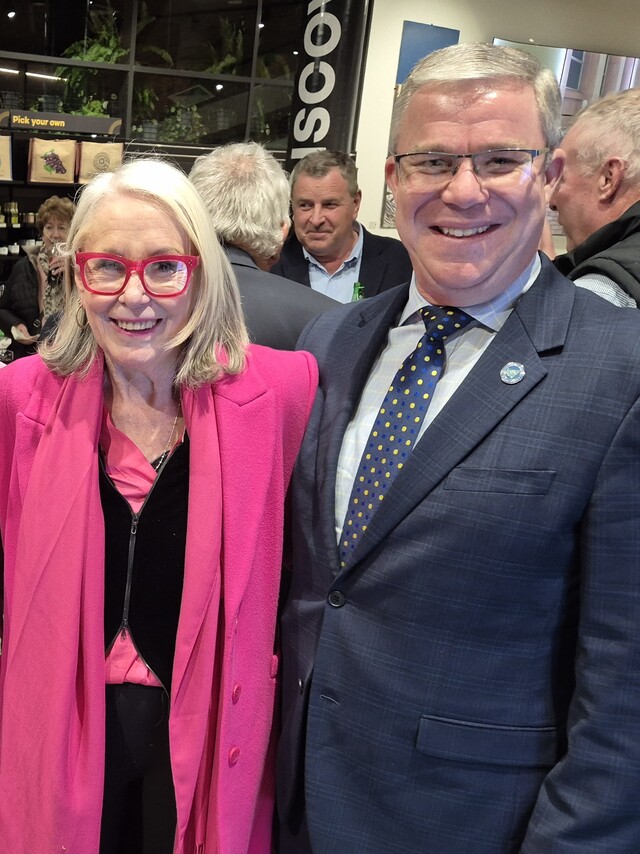The UK Experience by Malcolm Morley*
Last month I identified that if Councils really are to improve their community leadership and their ability to enable the provision of solutions for their communities then new ways of working are going to be required. New skills, systems, processes, relationships and organisational cultures are going to be required.
Traditional approaches to the three Cs
– competence, capacity and capability – and to the often stated slogan, ‘Putting the customer at the centre of all that we do’, will have to change.
We are seeing an increasing reference to the market when describing public sector service provision, a large investment in public sector improvement programs, the development of the performance target regime and the promotion of customer choice.
New inspection regimes are being developed to reinforce the need for UK Councils to change. The key to real change, however, lies not in customer slogans, performance targets and inspection but in sector and organisational cultural change reflected in individual Councils. This is clearly illustrated by reference to the mantra of shared services.
Shared services initiatives (bringing together similar activities within an organisation or from different organisations) are being pursued to gain access to increased economy and efficiency.
Back office services are particularly being the focus of attention. Indeed, I am currently leading a national initiative on efficiency gain and shared services for corporate and transactional services.
The approach that I have initiated has been developed to recognise the need not just to improve the efficiency and economy of current practices by putting them together but to see the opportunity of sharing within the context of streamlining, building organisational capacity and then considering collaboration. It has also been developed to achieve a sectorwide change.
The easy approach is to just go for economies of scale through aggregation of activities for a limited number of Councils.
This, however, misses the real opportunity to challenge and change sector and council organisational culture, to really transform the approach to customers and to deliver more than incremental improvements in economy and efficiency.
Improving the economy and efficiency of a bad system doesn’t make it a good system from the customer’s perspective.
Effectiveness has to be a key part of the equation. This is where we get to organisational culture change and collaboration.
The key for the transformation of council economy, efficiency and effectiveness is the streamlining of service provision systems (simplifying service specifications and processes), developing organisational capacity (strategic thinking, the ability to be an ‘intelligent’ service specifier, customer advocate and partner) and creating opportunities to collaborate with others.
The term ‘collaborate’ is vital as an inherent part of the sector and organisational cultural change required. ‘Collaborate’ means more than transactional sharing but an engagement in a partnership.
I would argue that there has to be internal (within the sector and within individual councils) collaboration before transformational external collaboration is possible.
Unless sector and Council organisational culture is based upon and delivers a
community/customer focused internal partnership it is hard to see how effective collaboration externally can be pursued for other than a limited set of activities.
*Malcolm Morley is Chief Executive of Harlow District Council and can be contacted via the Editor, email info@lgfocus.com.au
The views expressedin this article are not necessarily those of his employer.







